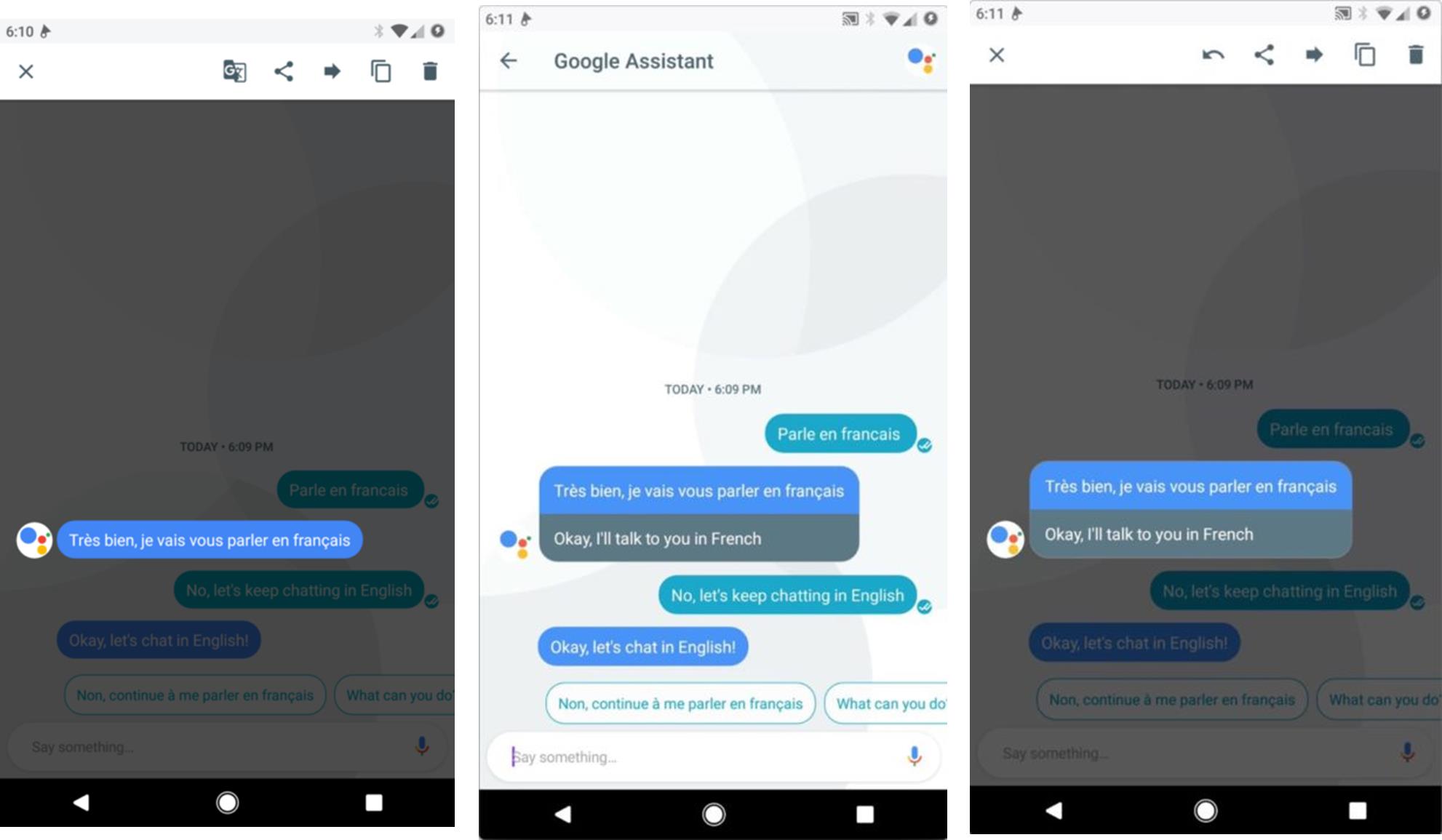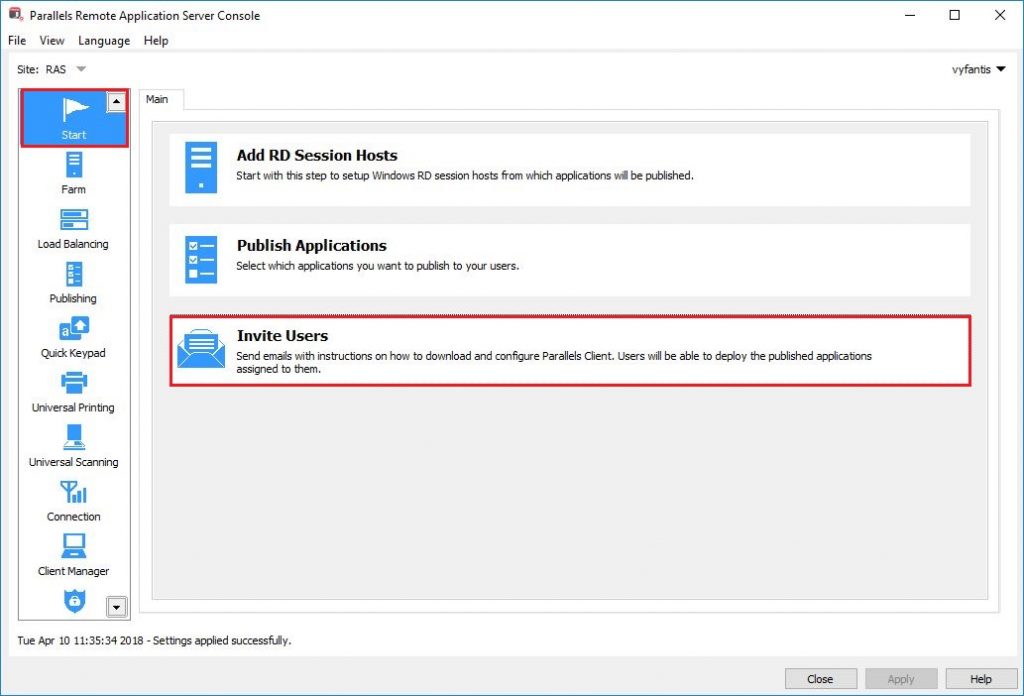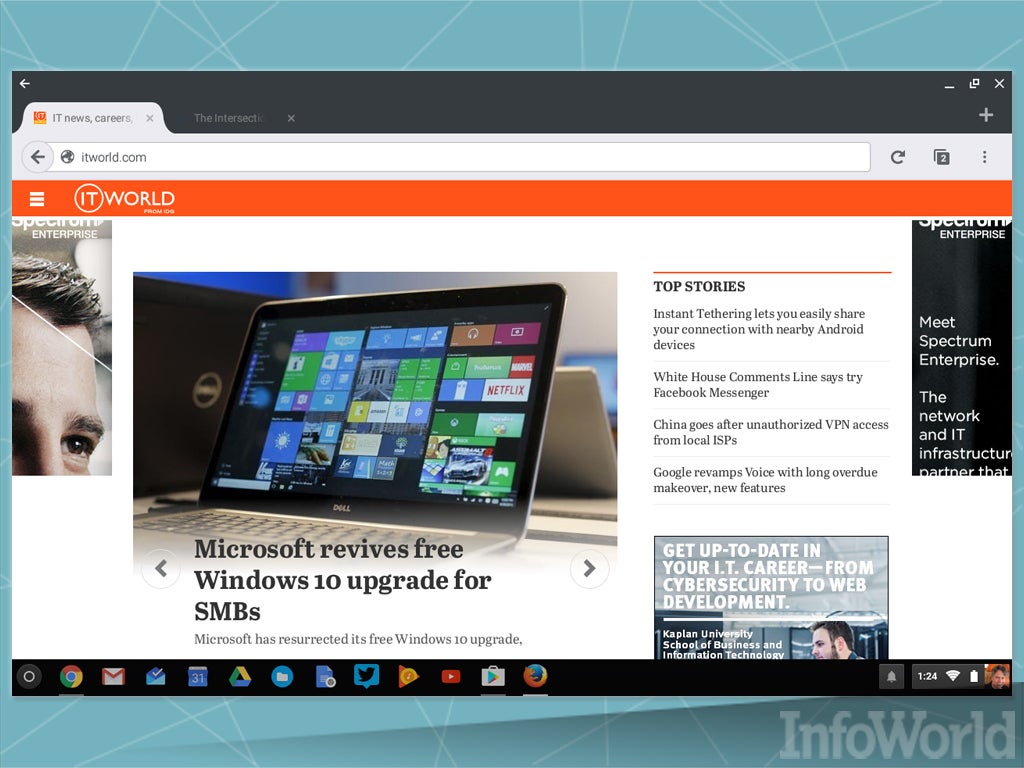
To find the value for the virtual directory named "ecp (Default Web Site)" on the server named Mailbox01, run the following command. To find the values on the server named Mailbox01, run the following command: Get-EcpVirtualDirectory | Format-List Name,*Url To find the values on all Exchange servers in your organization, run the following command: Get-EcpVirtualDirectory | Format-List Server,Name,*Url
#Exchange client on chromebook how to#
These examples show you how to find the internal and external URL values for the EAC virtual directories in your organization: To learn how to open the Exchange Management Shell in your on-premises Exchange organization, see Open the Exchange Management Shell. The easiest way to find the internal and external URL values for the EAC (without using Servers > Virtual directories in the EAC itself) is by using the Get-EcpVirtualDirectory cmdlet in the Exchange Management Shell.

For more information, see Turn off access to the Exchange admin center. You can disable external administrator access to the EAC while still allowing users to access their Options page in Outlook on the web. Note: External users who connect to Outlook on the web (formerly known as Outlook Web App) also need access to the EAC to access their own Options page. For more information, see Certificate requirements for Exchange services.Īfter you configure the settings, a common external URL value for the EAC would resemble. Very likely, this will be a subject alternative name (SAN) certificate or a wildcard certificate, because most of the client services are all available under the same website on the Exchange server. For more information, see Step 4: Configure external URLs in Configure mail flow and client access on Exchange servers.Ī corresponding record in your public DNS.Ī TLS certificate that contains or matches the host name entry. The external URL value on the ECP virtual directory. Before you can connect to the EAC from the Internet, you need to configure the following settings:

Yes, the virtual directory is named ECP, not EAC. The URL of the EAC is controlled by the Internet Information Services (IIS) virtual directory named ECP in the Client Access (frontend) services on the Mailbox server. Looking for the standalone Exchange Online Protection (EOP) version of this topic? See Exchange admin center in EOP. Looking for the Exchange Online version of this topic? See Exchange admin center in Exchange Online. The EAC was introduced in Exchange Server 2013, and replaces the Exchange Management Console (EMC) and the Exchange Control Panel (ECP), which were the two management interfaces in Exchange Server 2010.

The Exchange admin center (EAC) is the web-based management console in Exchange Server that's optimized for on-premises, online, and hybrid Exchange deployments.


 0 kommentar(er)
0 kommentar(er)
